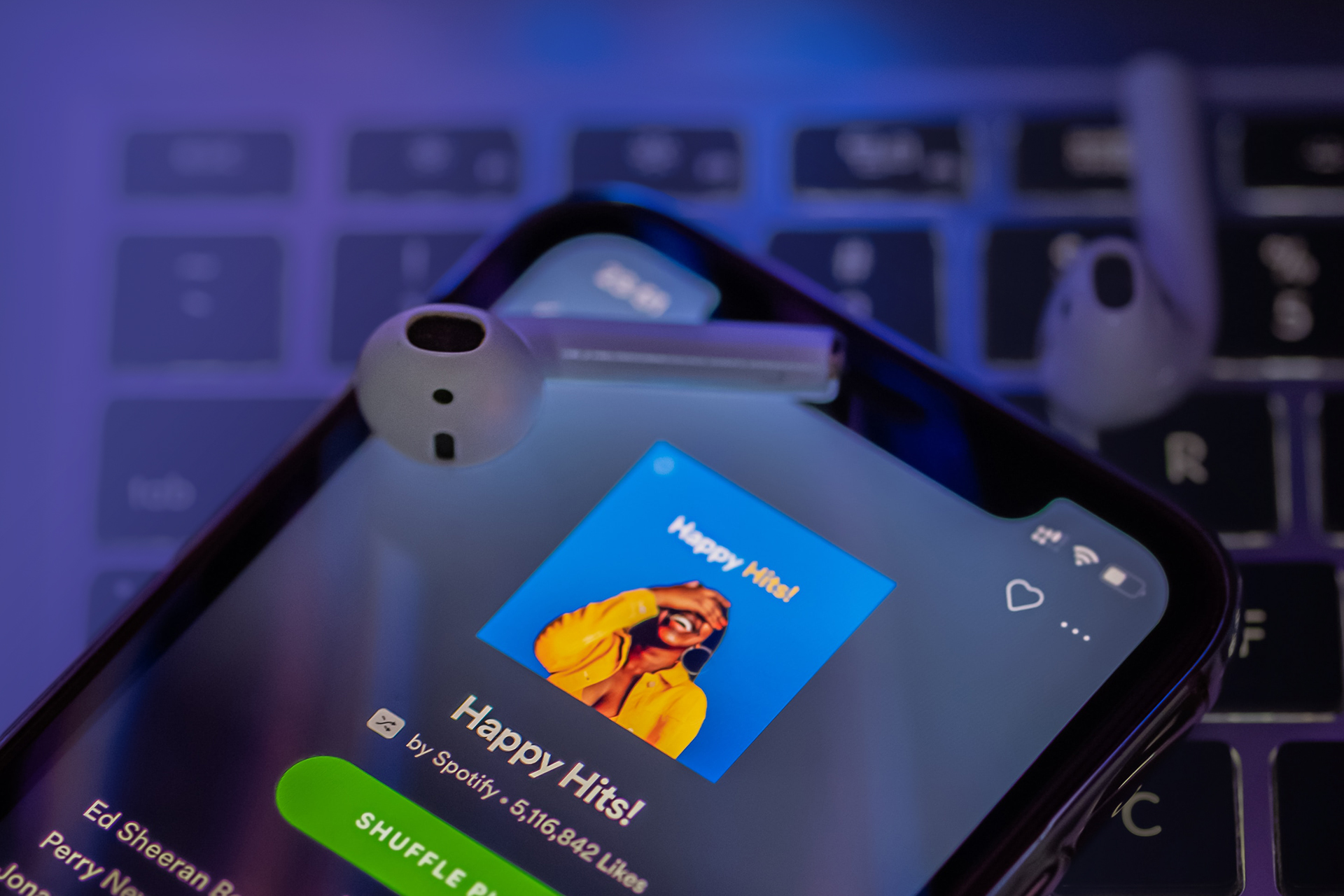In the race for high profits, digital platforms are leaving behind art, sensitivity and social values and making obscenity the new ‘entertainment’ – its ill effects are deep and dangerous, especially on the psyche of the youth.
The digital revolution has transformed the world with equal rapidity, impacting our means of entertainment. Mobile phones, the internet, and cheap data have taken entertainment from homes and directly into the hands and pockets of everyone. Today, hundreds of entertainment apps—web series, short video platforms, social media streaming, and live shows—vie for viewers’ attention every second. As wonderful as this convenience may seem, it also raises deep concerns. This very ease has dangerously altered the definition of entertainment. Entertainment no longer means art, culture, storytelling, or sensitivity—but rather a blind competition for high views, viral content, and provocative scenes.
Today, many apps deliberately promote obscenity, vulgarity, lewd dialogue, and provocative scenes. This content neither exemplifies creativity nor does it expand social consciousness. The goal is simply to increase viewership, and through these viewership, profit from advertising and subscriptions. The entertainment industry has reached a point where the prestige of art and culture is becoming meaningless in the face of economic greed.
Indian cinema, theater, and literature were once considered a medium for preserving society’s values. The power of storytelling, dialogue, acting, and imagination compelled audiences to think. Today, digital platforms have created a completely opposite environment. Web series and short videos feature offensive language, unabashed obscenity, and unnecessary intimate scenes as if they represent “modernity” or “realism.” The truth is that this is not reality, but a deliberately created illusion—intended to keep the viewer captivated through excitement and sensationalism.
The younger generation is paying the biggest price for this race. Teenagers have mobile phones in their hands, and within them, they have access to a world that influences them without restraint. Adolescence is a time when personality, thinking, morality, and social values are formed. However, the content available on these apps gives them a fast-paced, shallow, and often confusing perspective. Misconceptions about relationships are formed, respect for women diminishes, and a tendency to view life solely in terms of physical attraction, materialism, and appearance increases.
The type of content today’s youth consumes daily is gradually changing their behavior, words, emotions, and assessment of life. What they perceive as “entertainment” or “trends” is actually creating a sense of worthlessness and depression within them. Many psychologists believe that this type of content, while appealing to the eyes, puts a heavy burden on the mind. Fast-paced scenes, vulgar dialogue, uncontrolled emotions, and aggressive presentations are bound to affect any teenager’s mental balance.
But there’s another aspect to the problem—content creators and app companies resort to terms like “user choice,” “adult tags,” or “viewer discretion” to deflect responsibility. They argue that viewers should choose what they want to watch. This argument isn’t entirely wrong, but it’s certainly incomplete. Because when an app bases its entire marketing strategy on provocative and inflammatory content, viewers’ choices are less free and more influenced. Content that is consistently promoted will be viewed more.

The regulatory system is equally weak. India has a censor board for films and broadcast control for TV, but digital apps operate with almost no effective control. Guidelines have been established, but their enforcement is neither strict nor consistent. Digital platforms believe they are above general media laws. They argue that the internet is a “free medium.” But does freedom mean giving free rein to content that disrupts social balance? Is freedom the same as ignoring culture, morality, and sensibilities?
The problem also has a social dimension. Families try to restrain their children, but the digital world is so complex that complete control is nearly impossible. Digital literacy, especially in middle-class and rural families, is still low. Parents don’t know which content is good for children and which is harmful. App companies are also more interested in expanding their user base than in guiding parents.
At a time like this, we must understand that the solution lies not in mere bans. The solution lies in a balance between widespread social awareness, ethical production policies, and strict regulation. Entertainment companies must decide for themselves what is appropriate to show. They must strike a balance between art and commercialism. They must abandon the habit of gaining views through obscenity and present content that is creative, emotional, and socially relevant.
Additionally, the government must impose ethical controls on digital platforms, similar to those on television or films. Transparent regulations, strict penalties, and clear categorization are essential steps in this direction.
Society’s duty is equally important. Parents must be educated on digital literacy. Young people must be taught that there is a difference between entertainment and stimulation. Instant gratification through vulgarity is no substitute for the deeper experiences and creative joy of life.
The purpose of entertainment isn’t merely to shock or excite; it’s to sensitize the mind, deepen thinking, and guide society for the better. But when the world of apps abandons art and begins to veer toward obscenity, both culture and civilization are threatened.
The question before us today is—do we want a digital world where entertainment is grounded in creativity, cultural values, and social responsibility? Or are we about to enter an era where provocation becomes art and sensation becomes entertainment?
The times demand that we say it clearly: we want entertainment—but not something that undermines society.
If the digital world does not change in this direction, then future generations will enter a cultural darkness where there will be plenty of entertainment, but it will have no meaning.





